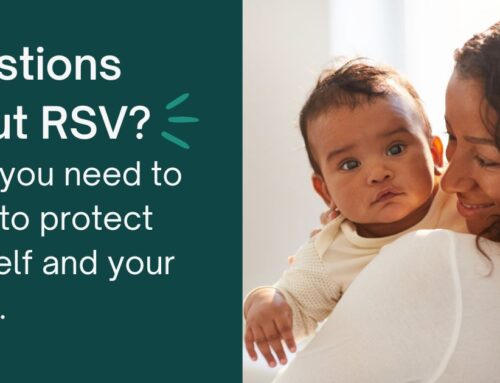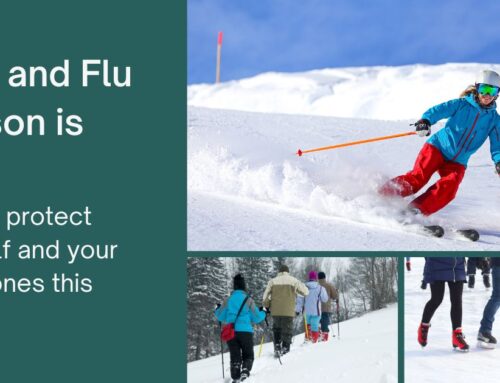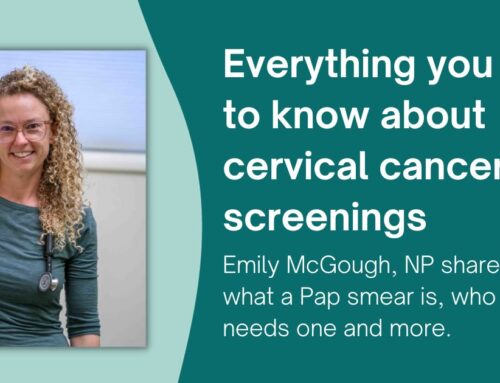Hi all,
I’m Lindsay Wright, LMFT, and I’m one of the Behavioral Health Counselors at the Telluride Regional Medical Center. September is Suicide Prevention Month, so today, I wanted to share a new resource with our community. We now have a simple way to access mental health crisis services nationally: the new, federally funded 988 Suicide & Crisis Lifeline.
While the National Suicide Prevention Lifeline has previously served as a means of crisis support across the country, this new number makes accessing mental health support services easier. In addition, the 988 number receives federal funds, which increases its resources, therefore leading to greater response times.
The Substance Abuse and Mental Health Services Administration (SAMHSA) reports that suicide is the primary cause of death for individuals aged 10 to 34, and estimates that every 11 minutes someone dies by suicide, so the advent of a more substantial crisis support network is essential. Having a straightforward, 3-digit number makes it simpler to remember how to reach out to a trained professional for help during a difficult moment and culturally elevates the importance of mental health by paralleling the style of 911. As opposed to calling 911, the 988 number will help reduce the number of individuals whose calls result in interactions with law enforcement or end up in an Emergency Room.
The number 988 can be utilized by those experiencing a crisis or suicidal thoughts as well as individuals supporting those living with mental health concerns. Additionally, 988 can be used during times when safety is not a concern, but when life stressors (such as financial stress, marginalization, substance use or loneliness) become overwhelming. When someone calls 988, their call will be routed to a trained mental health counselor at a crisis center within their region. If the local crisis center is unable to take the call, the call will be sent to one of the 16 backup centers that exist to manage overflow. Mental health workers at 988 can assist in safety planning, providing emotional support, connecting individuals with further resources and coaching individuals in how to best support those in crisis. The conversation may include discussing the reason for reaching out, past history of suicidality or self-harm, and assessment of current risk, in order to gain a better understanding of what the caller is experiencing at the time of call.
While it can feel daunting to reach out to a crisis line, keep in mind that those on the other end of the line know how difficult this can be, and are here to support you. Conversations are confidential, although crisis line workers are still bound to mandated reporting criteria if harm to self or others is imminent.
If you need additional support in managing your physical or mental wellbeing, please reach out to me or your primary care provider. I can be reached by calling the Telluride Regional Medical Center at 970-728-3848, or if you are patient of the Medical Center, please feel free to message me through the portal. If you are experiencing a mental health crisis, please call or text 988 for support. Be well.








